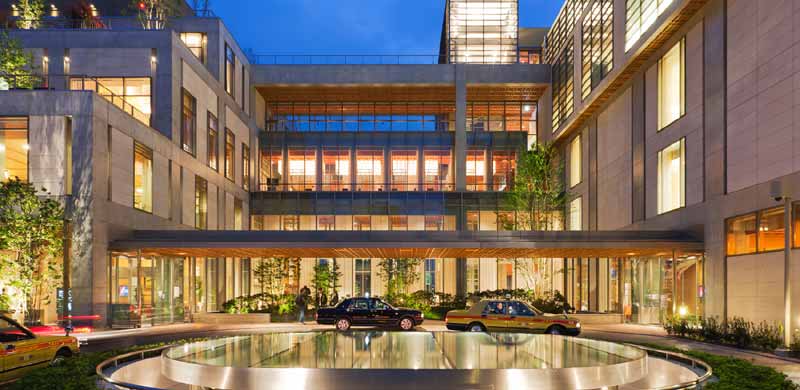Blog Post
Highways of HOPE
HOPE-JP • Aug 08, 2019
- the ripple effects of HOPE’s projects -
Why do we need roads?
The construction of water supply systems carried out by HOPE in Ethiopia and the building and repair of roads in the project areas are inseparable. Apart from allowing the transport of pipes and bags of cement necessary for the construction of the water supply systems, it provides an opportunity for the community to contribute to the project by having them build and repair roads, which is essential for the success of the project.
Building roads in villages without heavy equipment and electricity
Without roads, we cannot access rural communities. Before the beginning of the construction of the water systems, HOPE requests the residents of the community to build and repair roads and bridges for our vehicles in order to be able to access their villages. There is no heavy equipment in the rural areas, so all of the work is done by hand! It is hard labor, but hundreds of people volunteer their time as they have been eagerly awaiting for access to clean water. Strong men wield their hoes, drag huge trees to make bridges, and women sing songs to inspire them. It is a very moving scene!
Once the roads are complete, HOPE's vehicles can transport the building materials, and construction begins. Children who have never seen a car until then also gets excited.
Building on your own instills confidence
We often get asked why HOPE does not build roads.
Of course, if you hire a construction professional and have roads built in the blink of an eye, our projects can start quickly. However, there is a reason why HOPE requests the communities to build roads.
The keyword is 'ownership'
This means that the locals need to understand that they should improve their lives by themselves. If you implement a project along with the notion that an outsider pays and fixes problems for the community, when the water supply system gets damaged, the residents would not try to fix it by themselves but instead would wait for someone from outside of the community to pay and do the repairs. If they do not understand that they have to take ownership and take responsibility, the water system will not last. It is most important to inspire the community to take ownership of the water system by having them participate and contribute to the project. The very first such contribution is the building and repair of roads and bridges. This is an important aspect that ensures the sustainability of our interventions.
Roads that change lives in rural communities
If HOPE's vehicles carries materials on the roads built by the residents of the targeted communities, construction of the water systems will proceed smoothly on schedule, and the water points and public toilets will be made available within the two-year project life.
And, like the water supply, the road that leads to the village will remain after the project is over.
Roads also change lives in the villages, just as clean water changes people's lives.
In Kechasenga, where HOPE’s intervention began in 2018, since the residents built a bridge, ambulances can now reach the community. It now takes about 20 minutes to get to the clinic, as opposed to the three hours it took previously on foot, which has saved more lives.
In the village of Laka, a HOPE 2013 intervention site, trucks now regularly travel the roads which have contributed to the significant growth of the community market within just a few years. Now power lines supply electricity to the market.
In 2019, buses began to run on the roads built by the residents in the Kuta area, one of HOPE’s most remote project areas. Buses operate only on market days, but it has increased the traffic of people and goods significantly, bringing more business opportunities to the local communities.
Local farmers can now sell their vegetables at markets further away at higher prices. In addition, buying cotton, which was previously difficult to obtain, can now be bought at the market, spun into cotton yarn, and then made into gabis (a thick cotton shawl), which is a specialty of the villages in Kuta.
HOPE's main business is the construction of water supply systems and spreading awareness of hygiene and sanitation, but the roads built for our projects also have a positive ripple effect for the local communities. Roads connect villages which connect people. Even after the end of HOPE's projects, these roads will continue to bring hope to the local communities.
CATEGORIES
UPCOMING EVENTS
NINTEI NPO
Established in Japan in 2001, HOPE International Development Agency Japan is a Nintei NPO, certified with tax deductible status as of June 2013.
CONTACT US
2F Kamiya Bldg.,
1-16-2 Sakae, Naka-ku, Nagoya
〒460-0008
1-16-2 Sakae, Naka-ku, Nagoya
〒460-0008
Tel: 052-204-0530
Fax: 052-204-0531
Email: info@hope.or.jp
© 2024
All Rights Reserved | HOPE_JP











